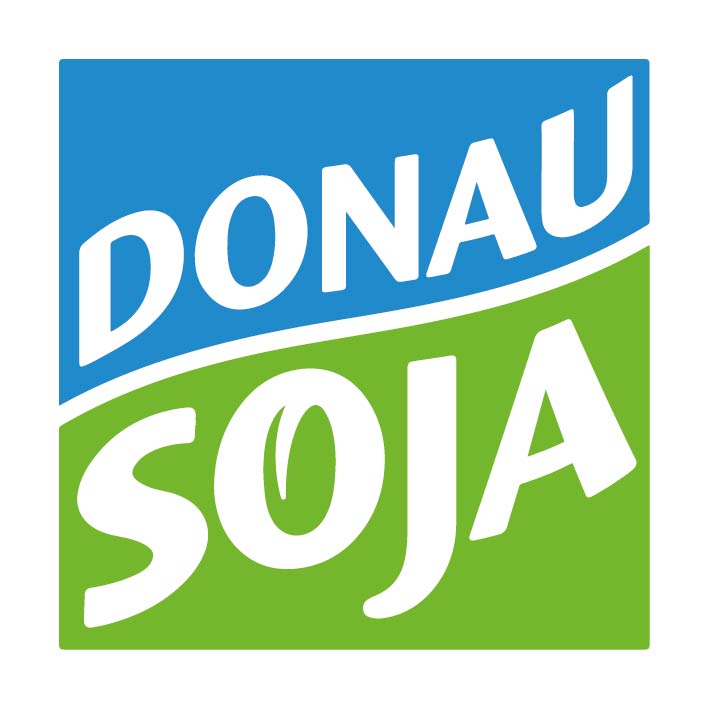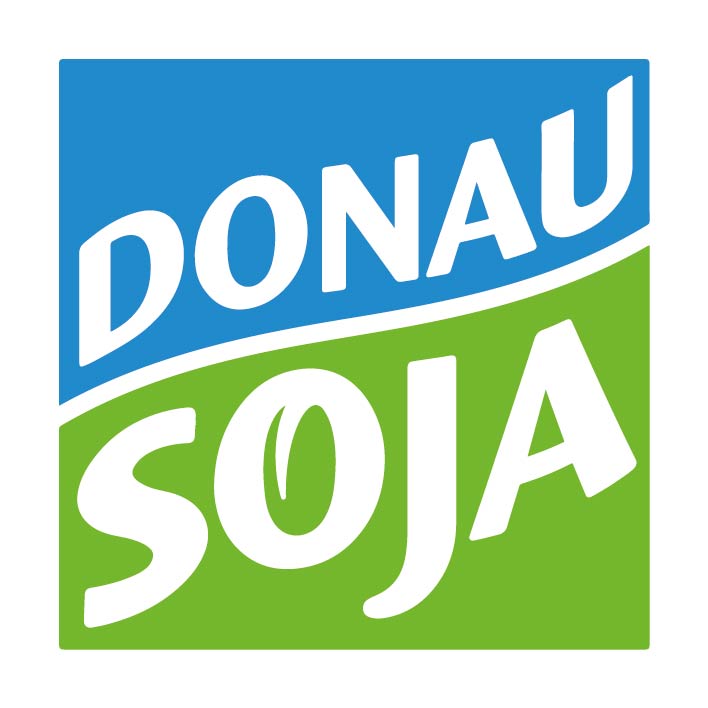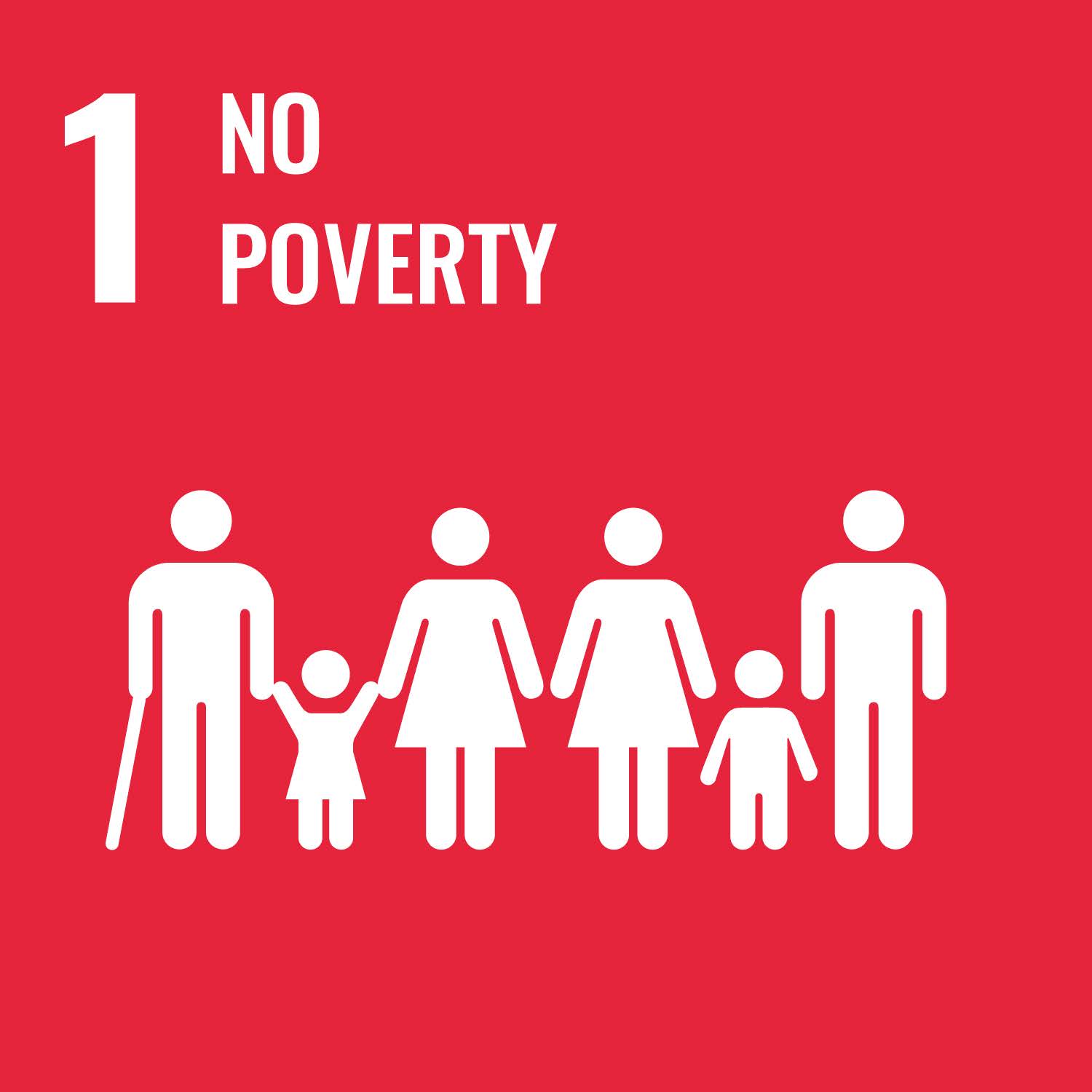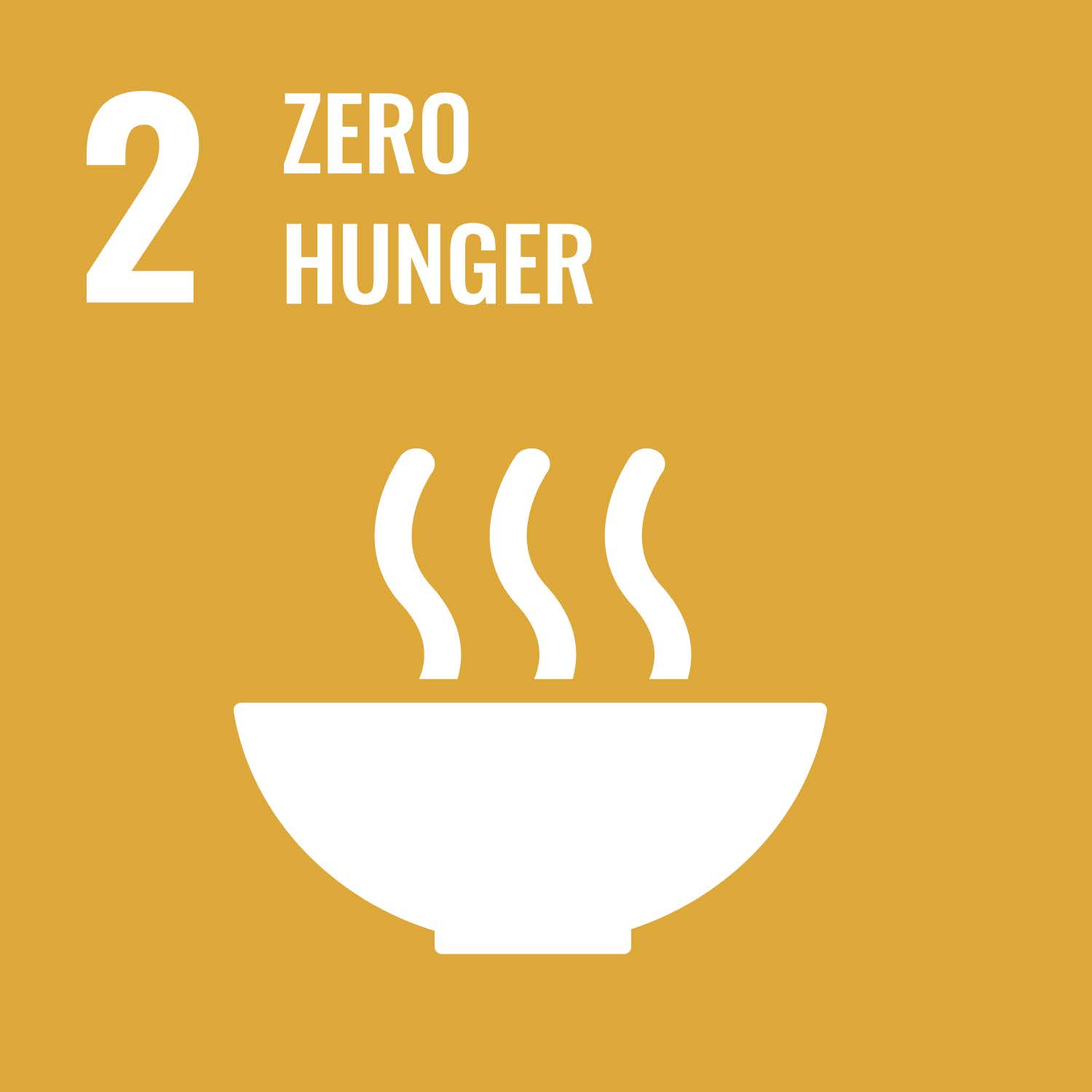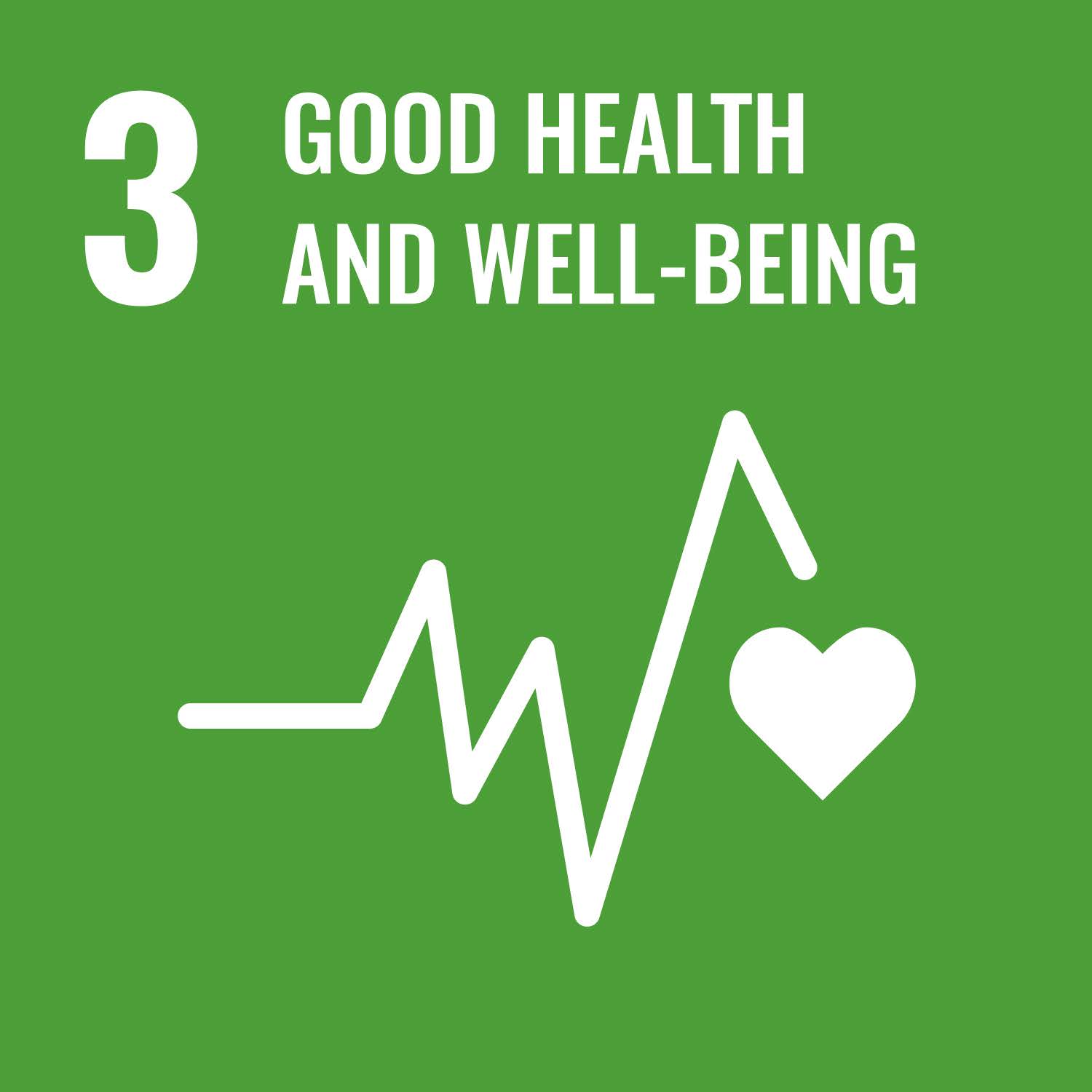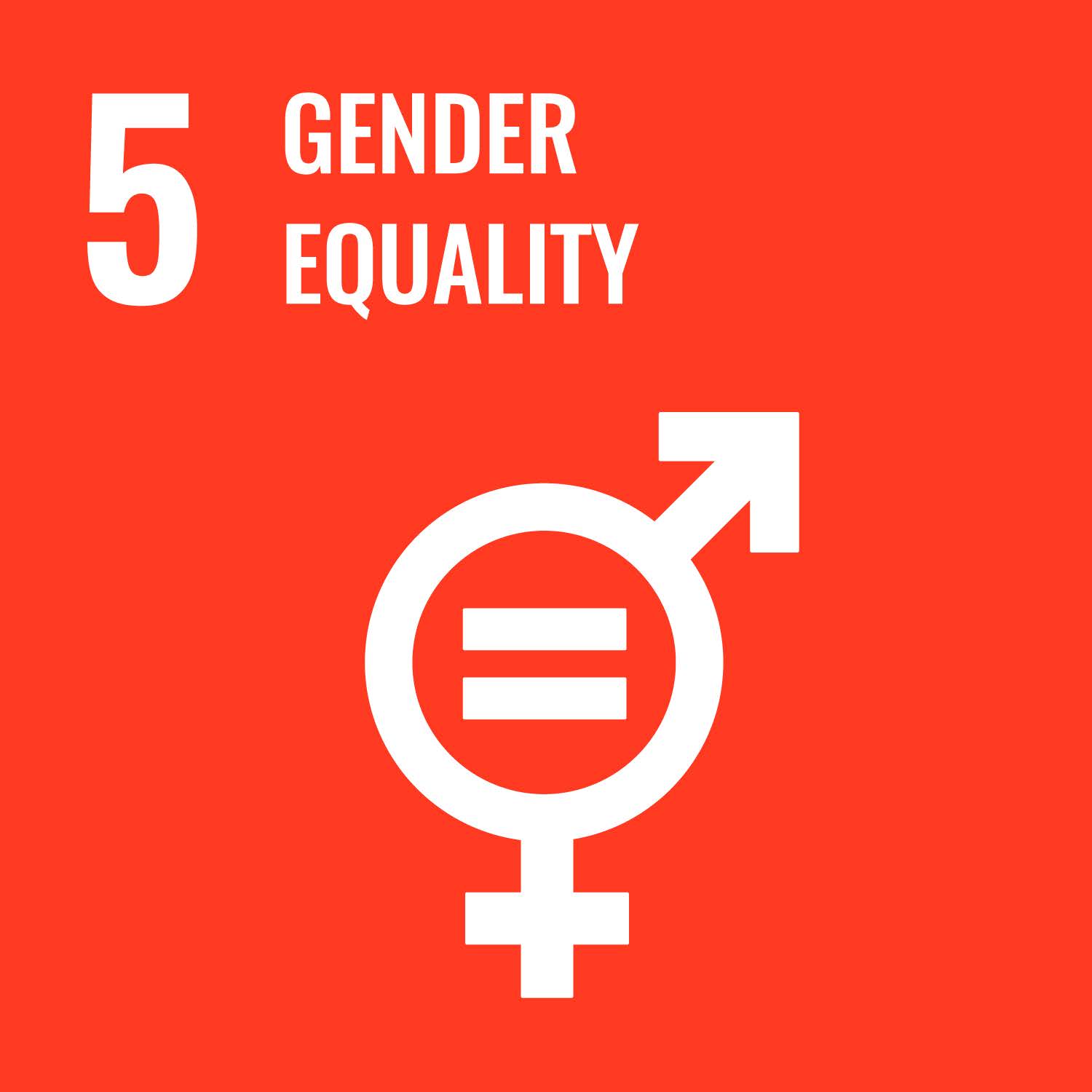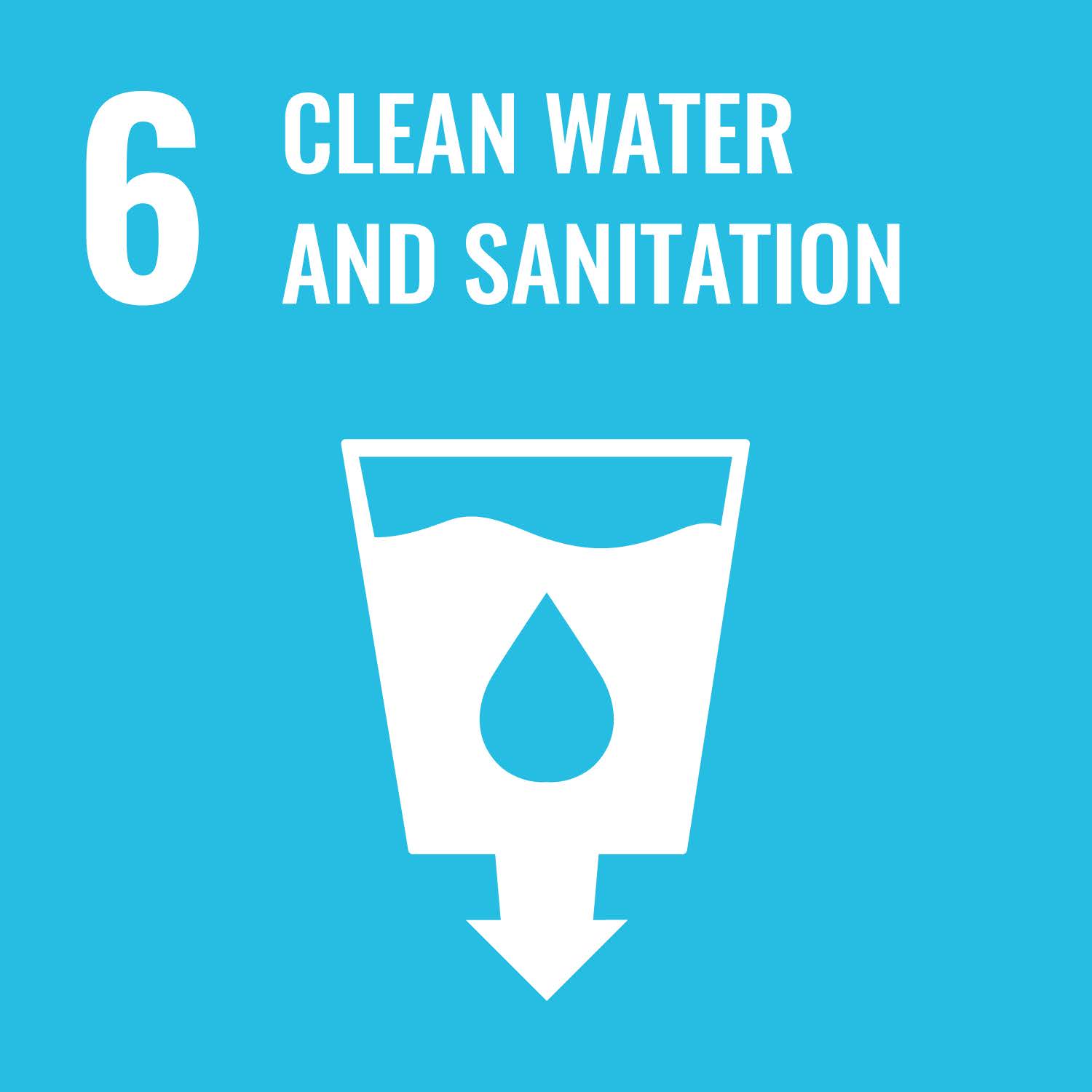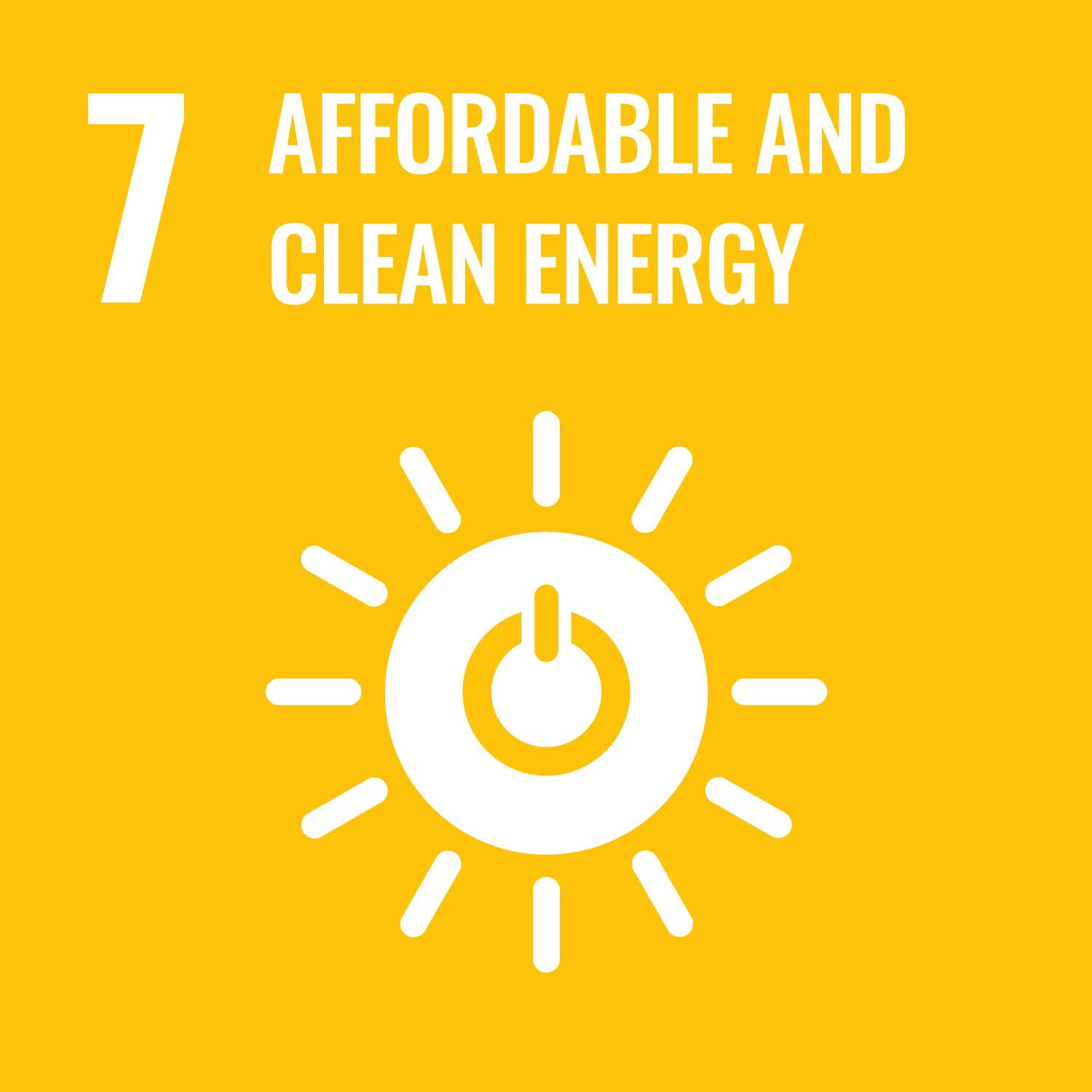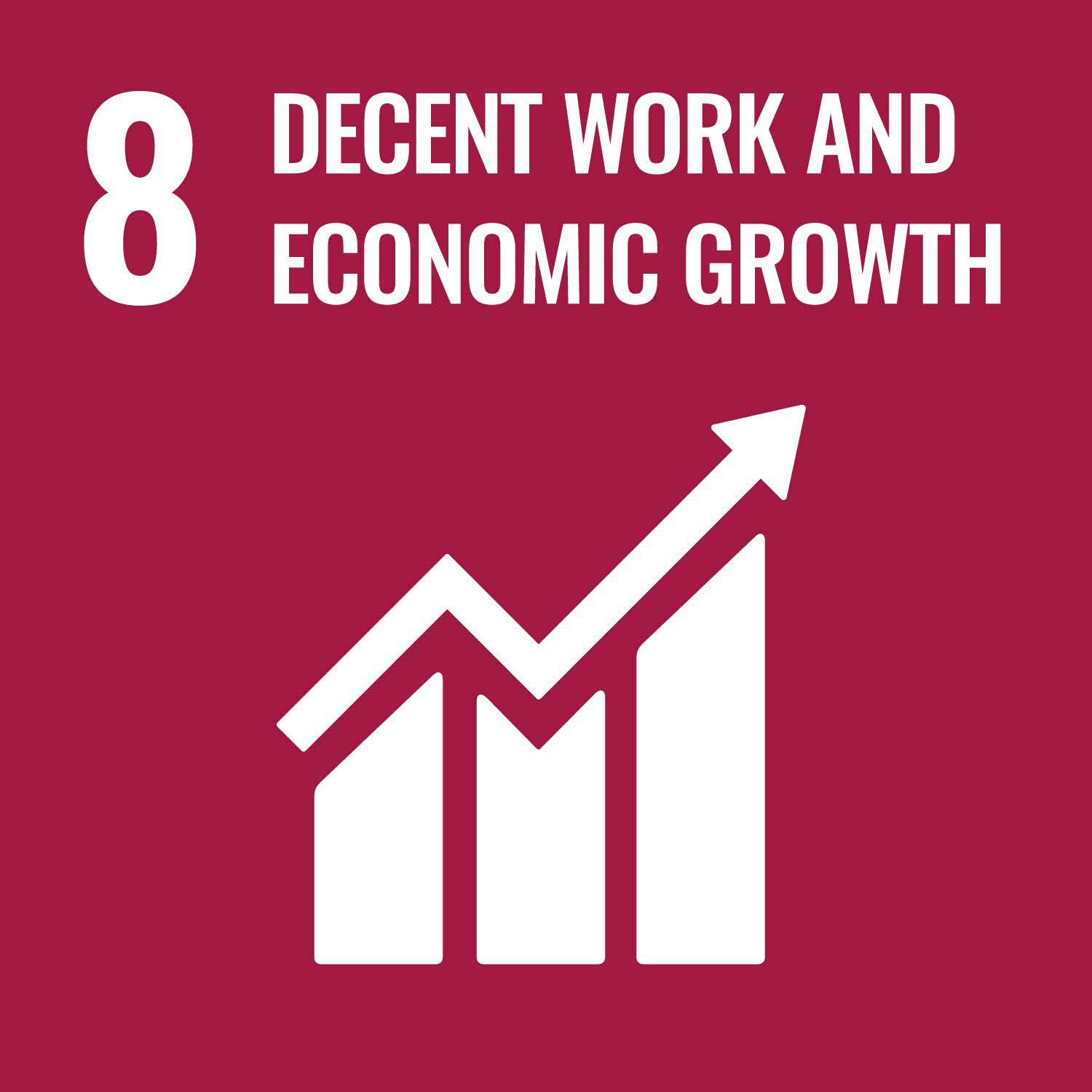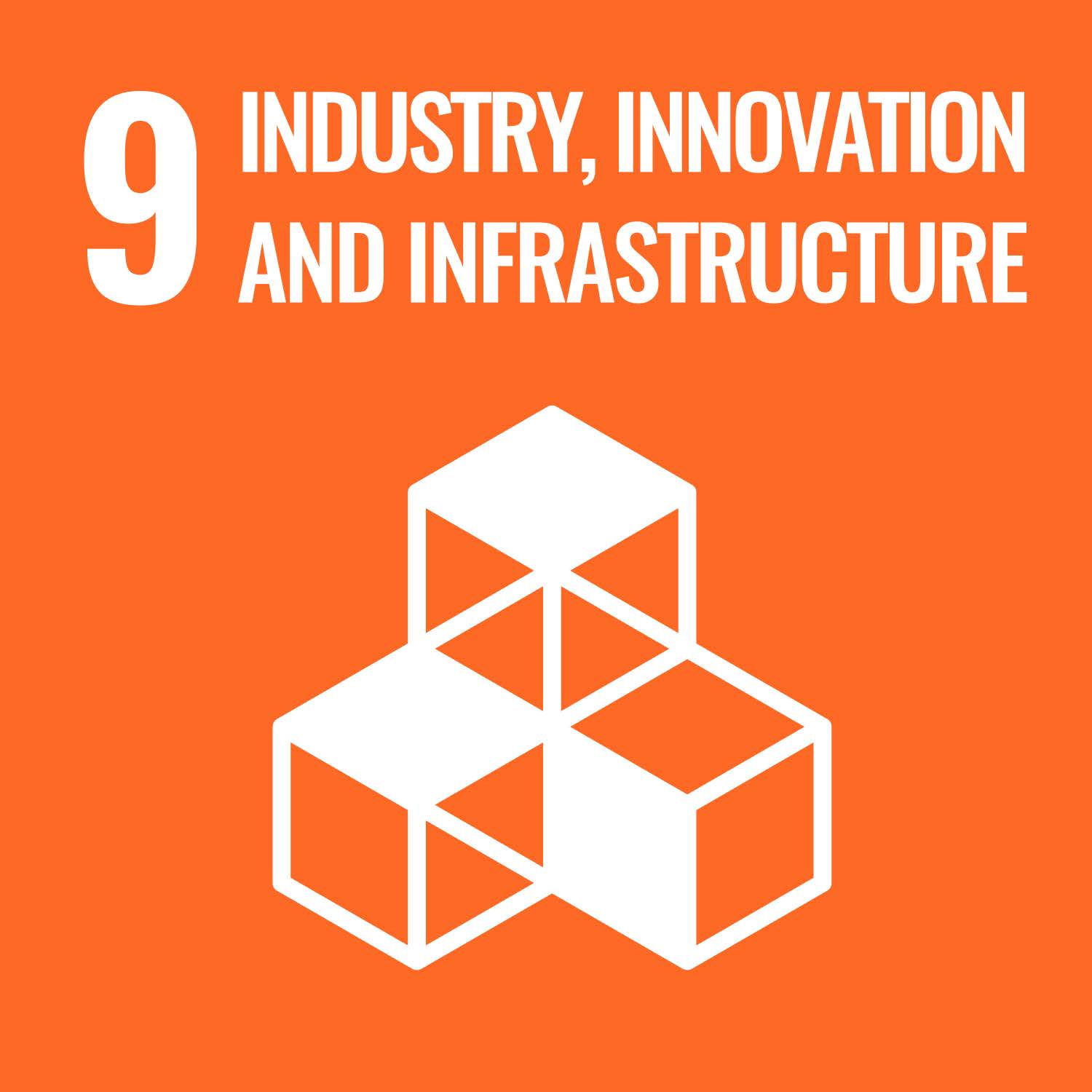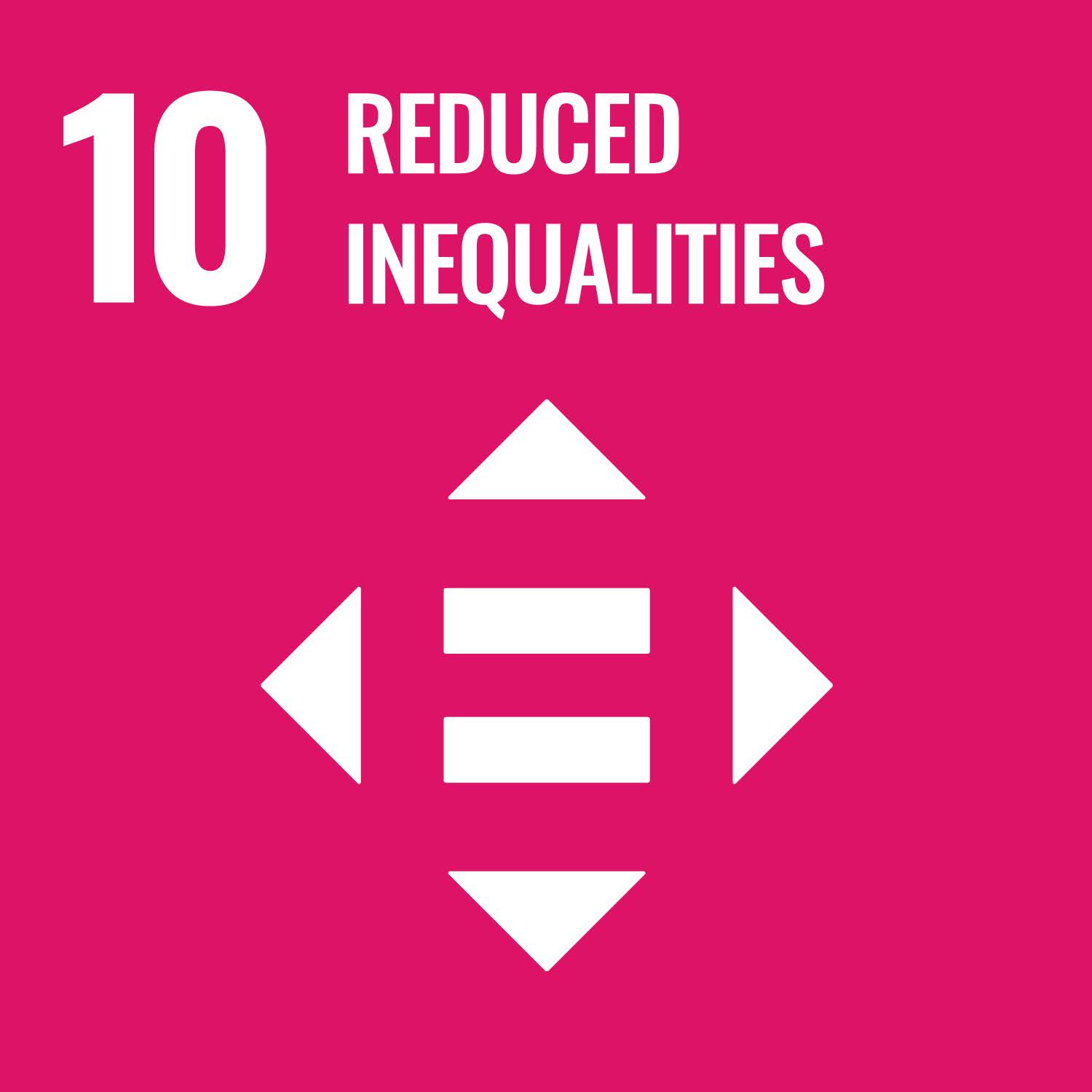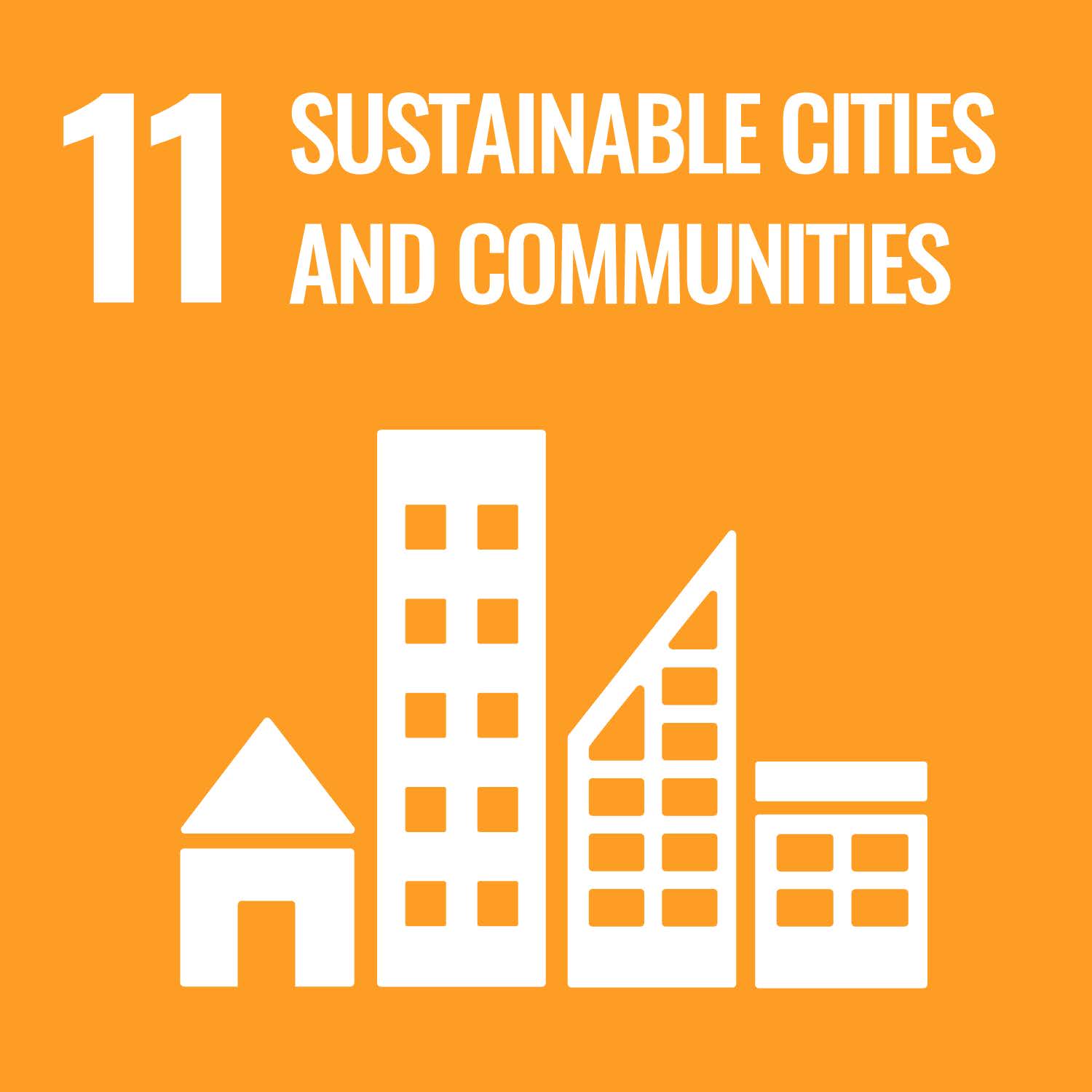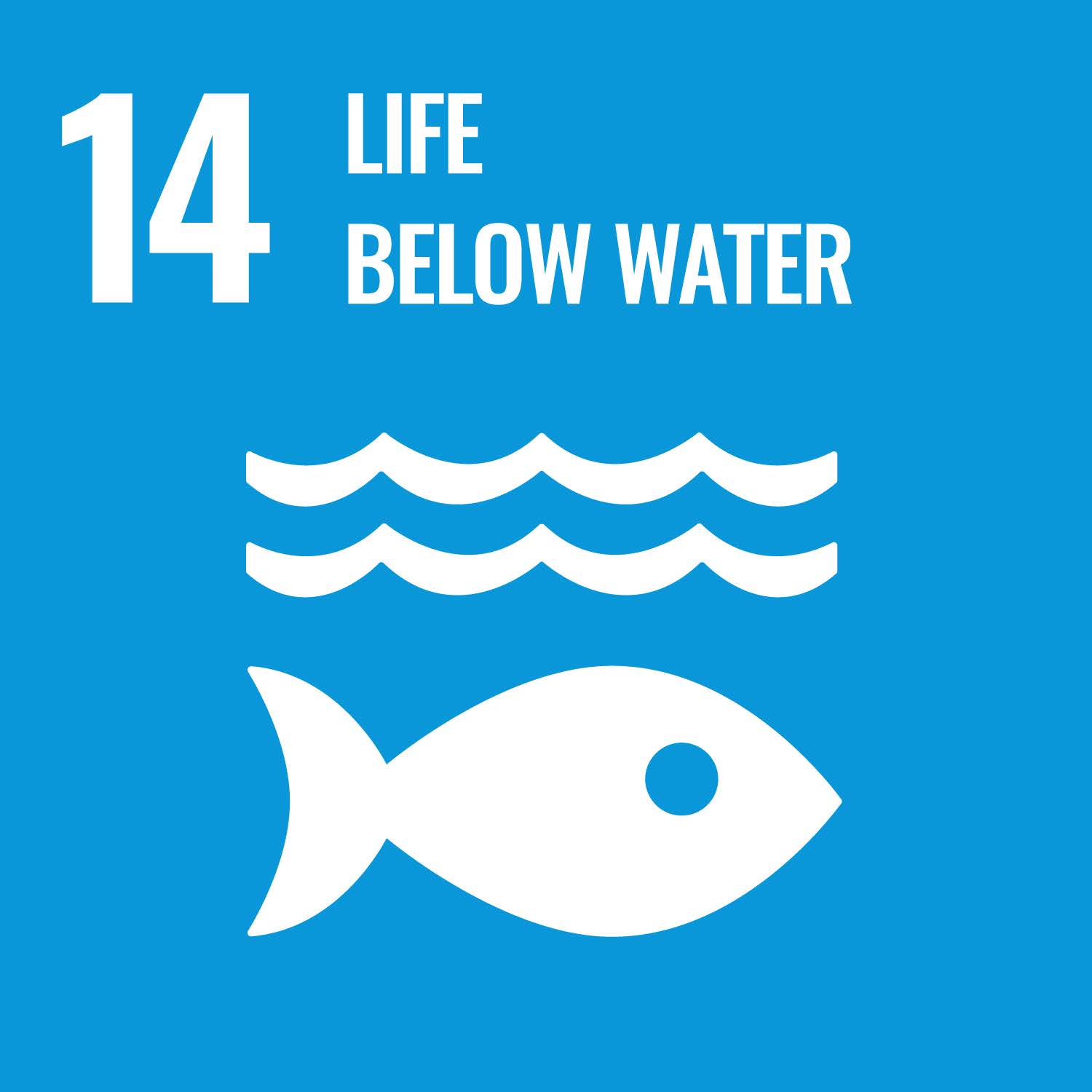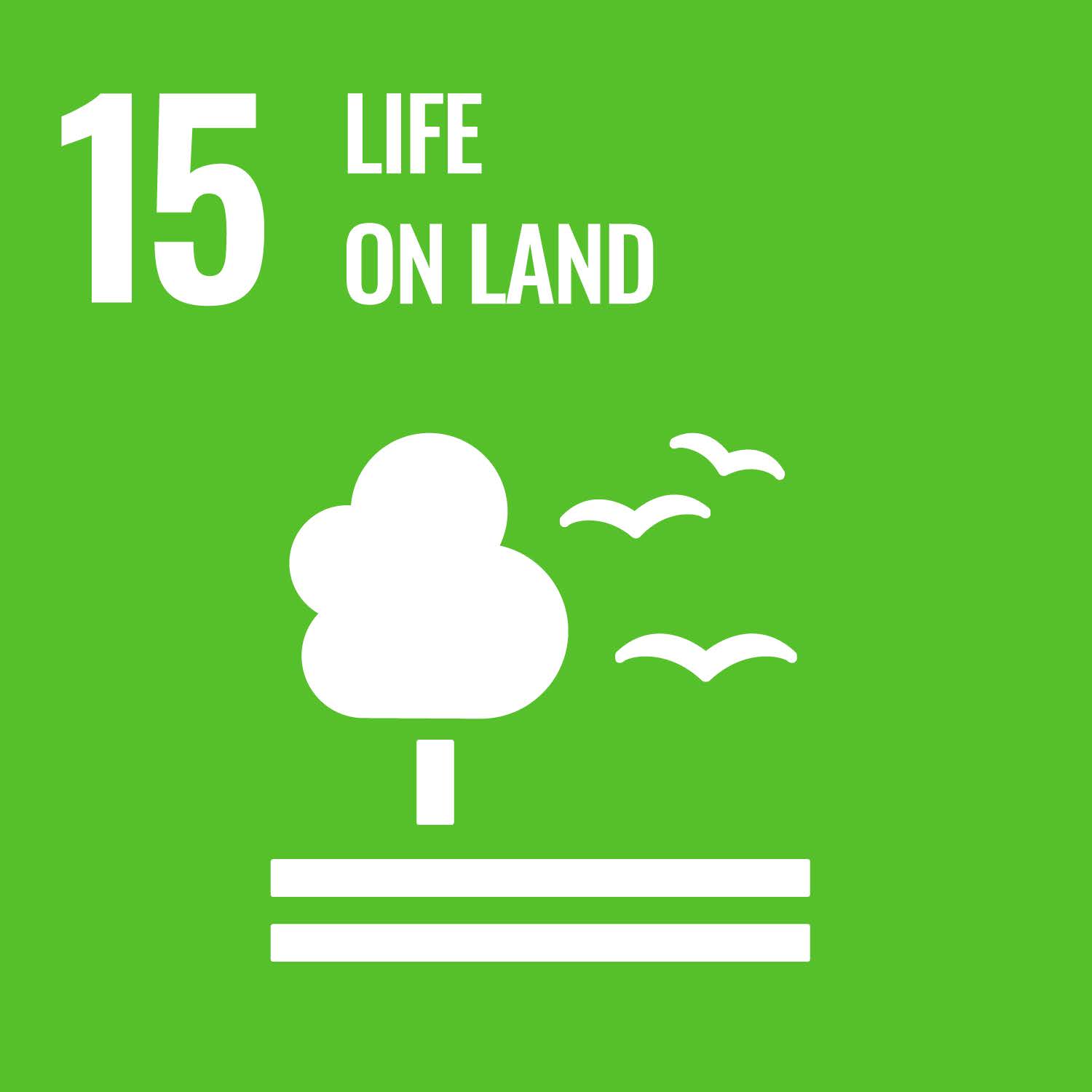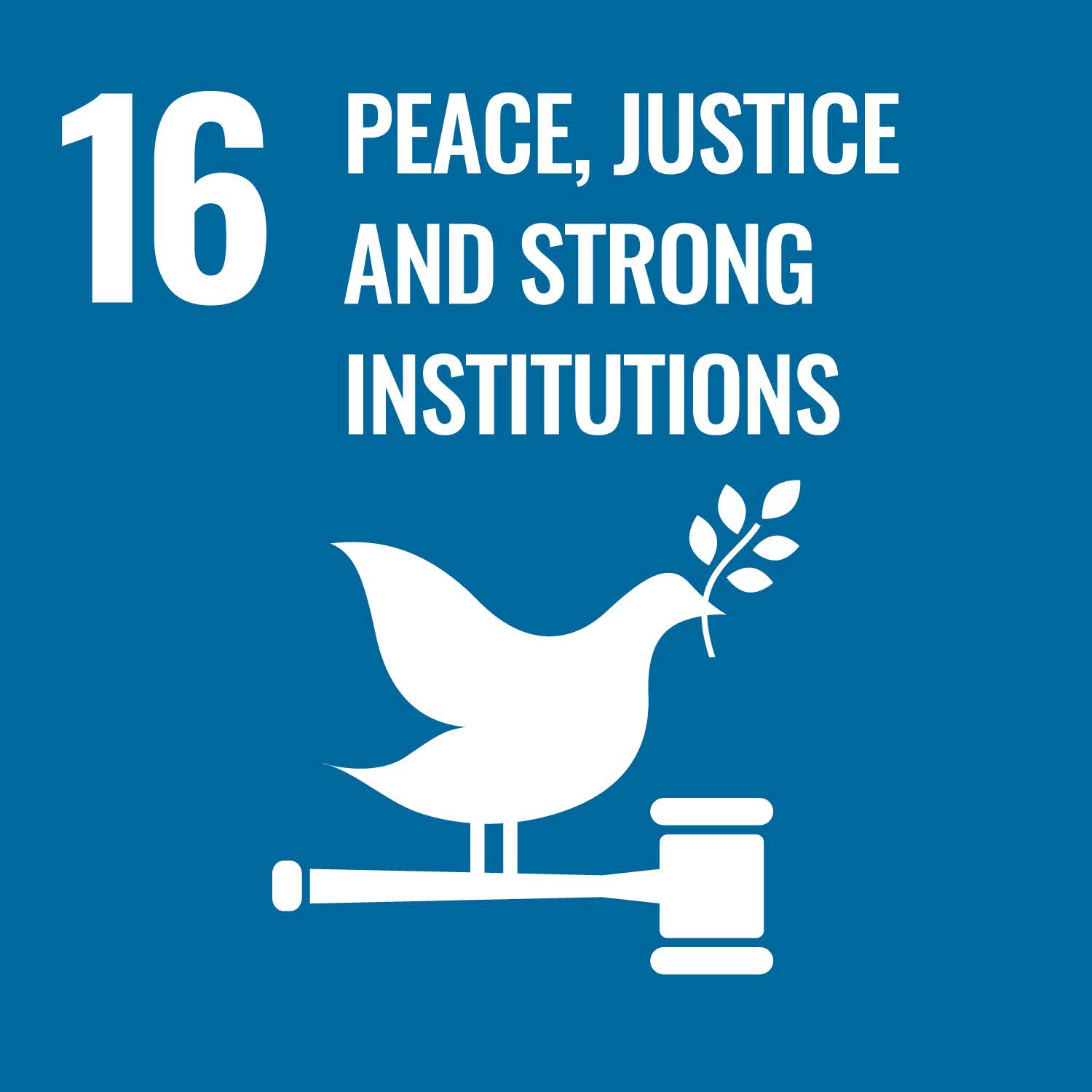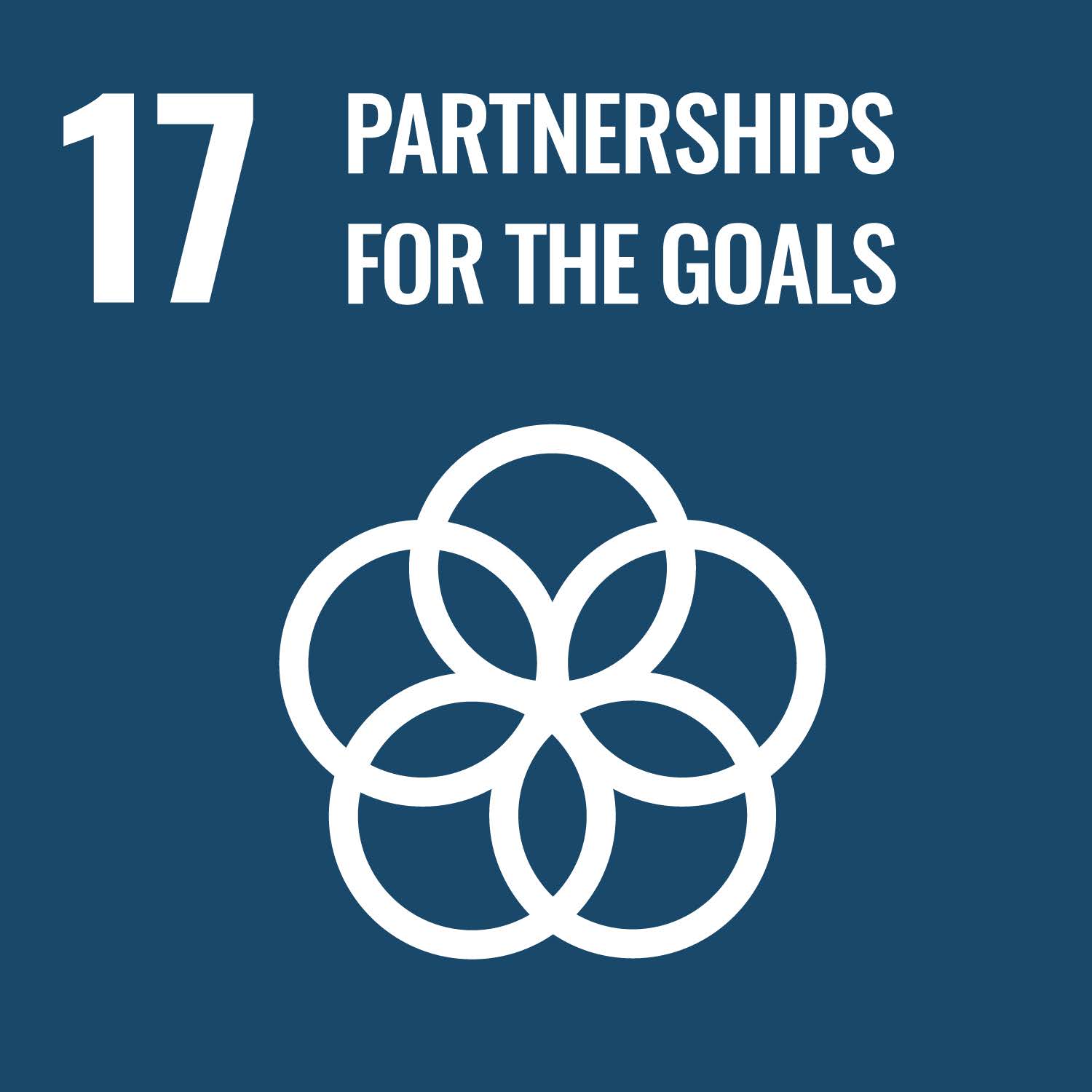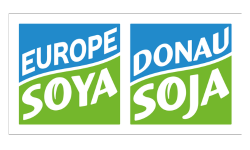The objective of SDG 8 is to promote sustainable, inclusive economic growth and ensure decent work opportunities. Its targets include boosting economic productivity, encouraging entrepreneurship and innovation, and promote education and training where needed. Furthermore, the goal aims to improve labour rights, working conditions and reduce gender and pay inequalities.
Donau Soja Organisation
Donau Soja takes on a systemic and global perspective to address the decoupling of economic growth from environmental degradation. Currently six of nine planetary boundaries are transgressed, including the nitrogen cycle. Human activities in agriculture and industry play a key role in the change of these biogeochemical cycles. Improving resource efficiency in relation to the nitrogen cycle is a fundamental goal of Donau Soja’s Protein Strategy for Europe. This strategy addresses the challenges Europe faces in the agrifood sector regarding crop rotation, fertiliser use and protein consumption and offers solutions for improving the current use of protein resources. An important aspect of the Protein Strategy for Europe is the promotion of European soya production, which is supported by the Donau Soja and Europe Soya Declarations.
Protein crops such as soya beans play an important role in the European agriculture and food industry. Currently, Europe imports the equivalent of around 40 million tonnes of soya beans per year from overseas, especially from the Americas, which makes Europe highly dependent on a foreign protein supply. At the same time, protein plants are grown on only two percent of European fields. At the same time, especially in Central and Eastern Europe, large areas suitable for protein plants can be found. Through the Strategic Partnership with ADA and the promotion of protein crops such as soya beans, peas, or broad beans, Donau Soja empowers farmers to introduce greater crop diversity to their fields and utilize their harvests as animal feed.
This not only reduces reliance on imported animal feed but also creates new opportunities for rural development. In addition to local cultivation, local, European processing plays a significant role in adding value to European value chains and rural employment. Currently, there are twelve European oil mills and 25 other certified primary processors actively participating in Donau Soja value chains.
Donau Soja / Europe Soya Standard
The Donau Soja / Europe Soya Standard contributes to SDG 8 through principles 1 and 10:
Principle 1 requires soya production to take place in the Danube Region / Europe respectively.
According to principle 10 of the Donau Soja / Europe Soya Standard, the farmer shall comply with fundamental conventions of the International Labour Organisation (ILO Conventions), including equal payment for equal work, equal access to training and benefits, equal opportunities for promotion and for filling any available position. The Donau Soja / Europe Soya Standard forbids engagement in, support for, or tolerance of any form of discrimination, corporal punishment, mental or physical oppression or coercion, verbal or physical abuse, sexual harassment or any kind of intimidation.
